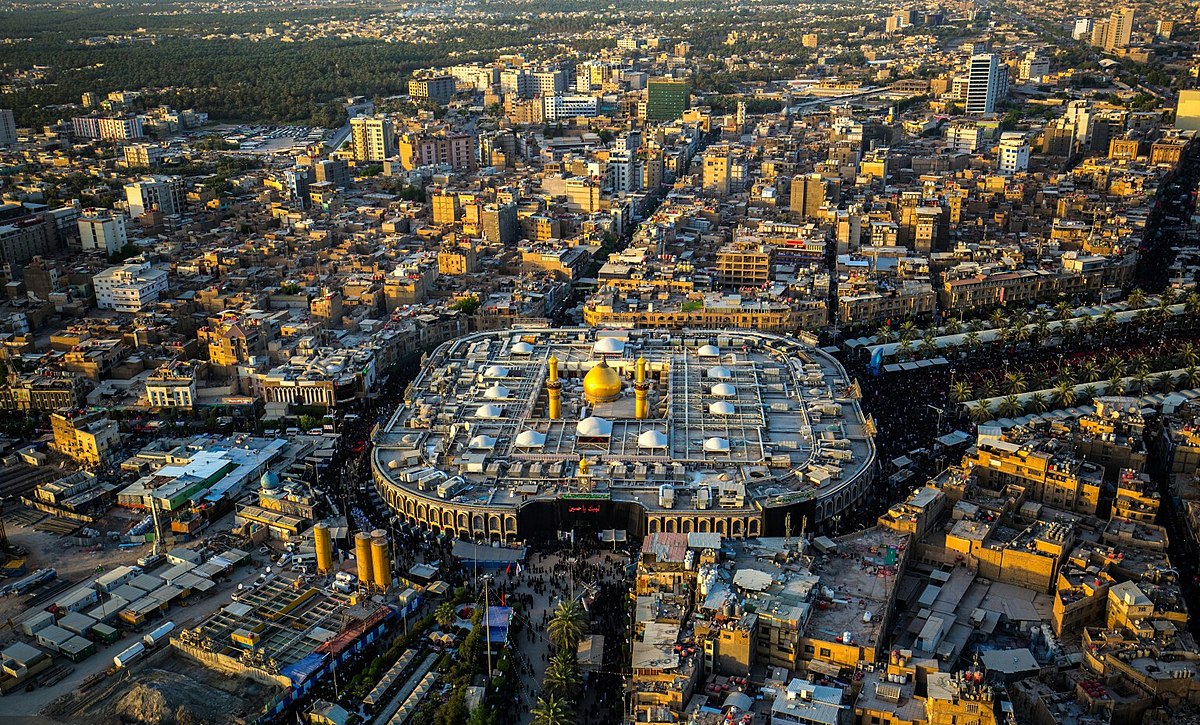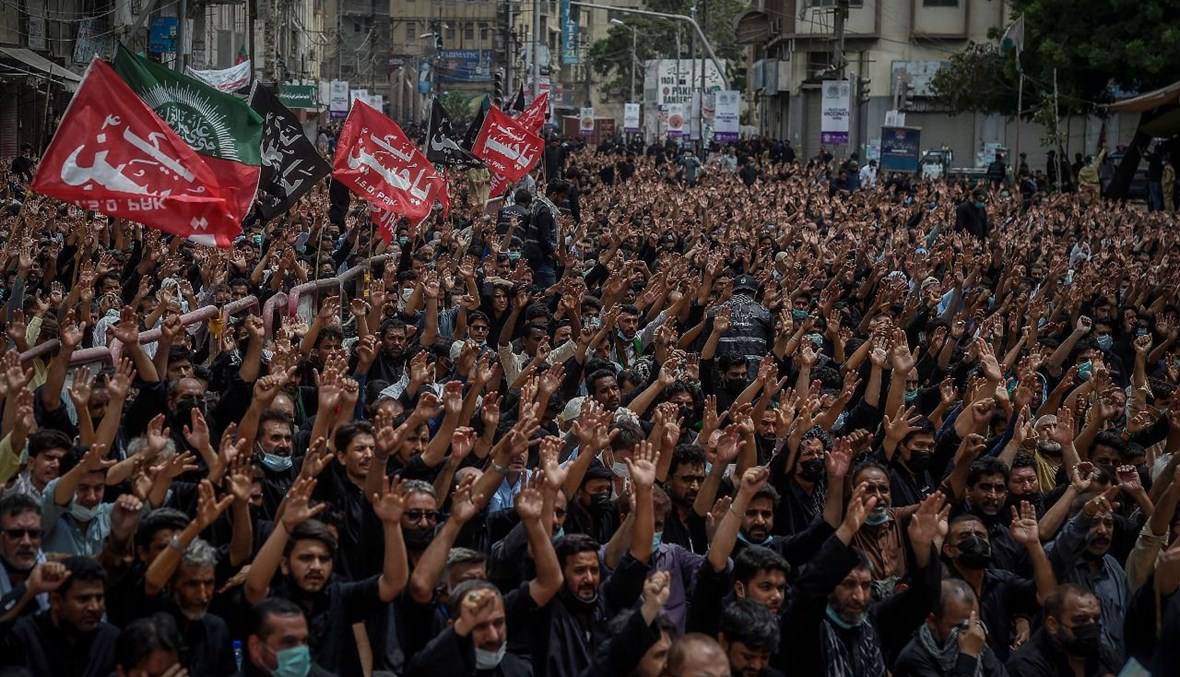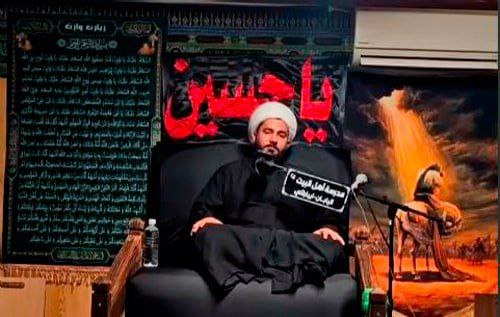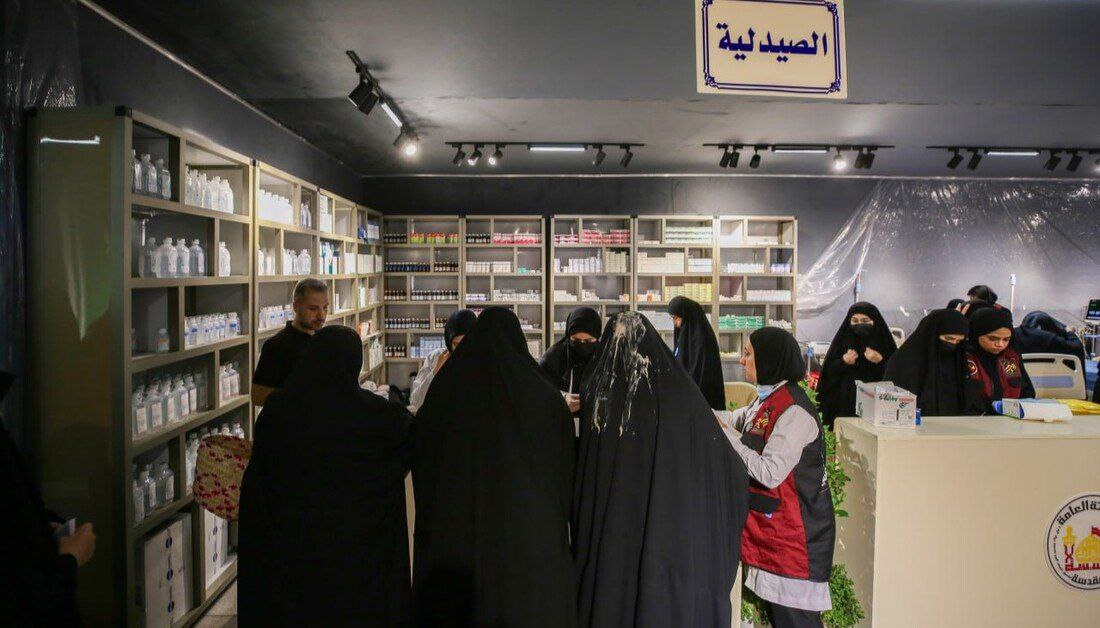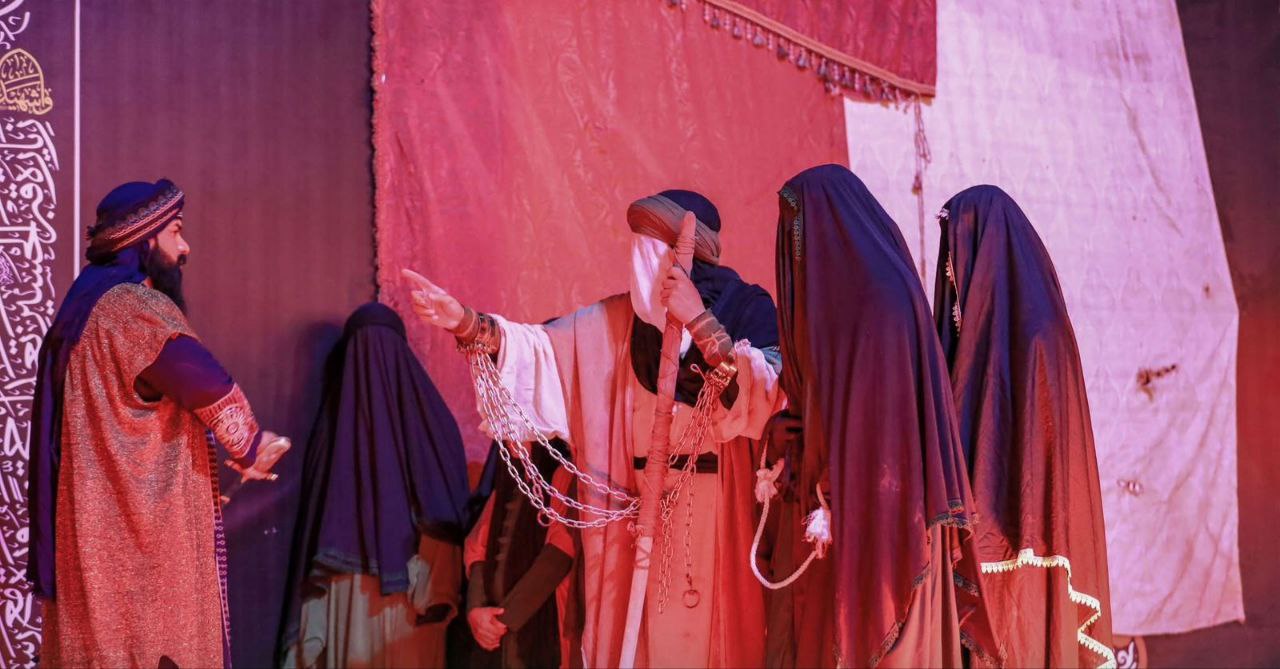Why We Should Remember Karbala: Reflections from Professor Chris Hewer
Remembering, keeping alive and commemorating, these are not passive acts. For Professor Chris Hewer, they represent an active spiritual process. Speaking as a Christian, he emphasizes that remembering the events of Karbala is more than historical recollection. It is a way of allowing profound moments of human history to live within us today.
“The word ‘remember’ doesn't just mean, ‘Oh, I recall the facts.’ It means, in a sense, remembering them, reliving them. They live on in my life and memory.”
Professor Hewer sees this act of remembrance as a mirror, a way to reflect on the meaning of Karbala in his own human experience. In his words, it is a way to "keep the day holy." But this holiness is not joyous. It is sacred because of the moral and spiritual weight the event carries.
Hewer points to Imam Hussain as the “Prince of Martyrs,” whose life and death embody total surrender to the will of God. He explains that martyrdom is the ultimate form of submission, not simply dying, but offering one's entire existence to God without resistance.
“Even my very existence is in your hands. If it be your will, I will accept death at the hand of the enemy.”
This surrender, according to Hewer, is a reminder to all human beings: our lives are not our own. They belong to God. If God wills a person’s death at a particular time and in a particular way, it is not for the servant to protest.
“Who am I to complain? Who am I to say to God, ‘I know better’?”
Martyrdom, then, is not only a testimony of faith but a model of how to accept divine will completely. And although most people today are not called to martyrdom, Hewer insists we are still called to submit, in all aspects of life.
To remember Karbala, for him, is to remember the human vocation: to be the servant of God. This act of remembrance carries a universal message about surrender, humility, and spiritual responsibility.
